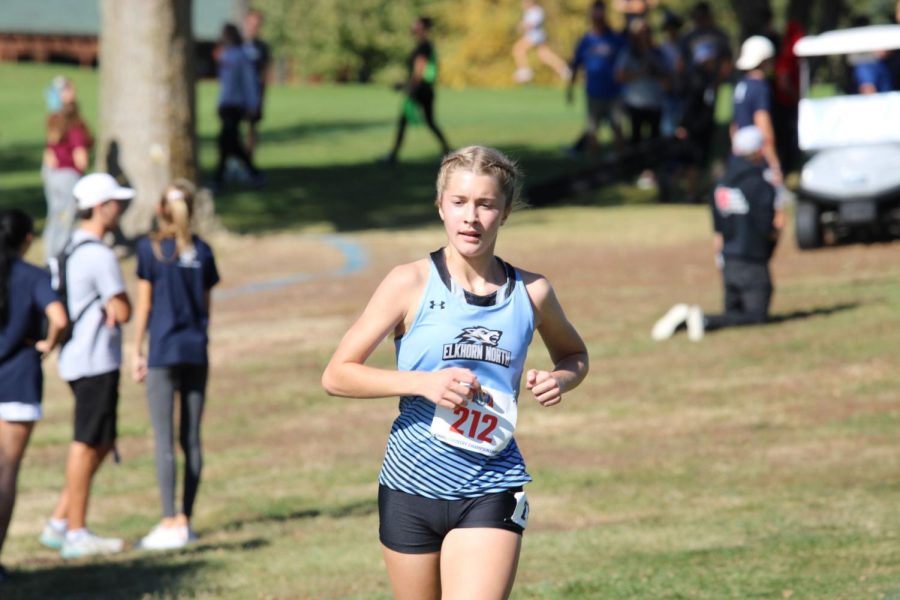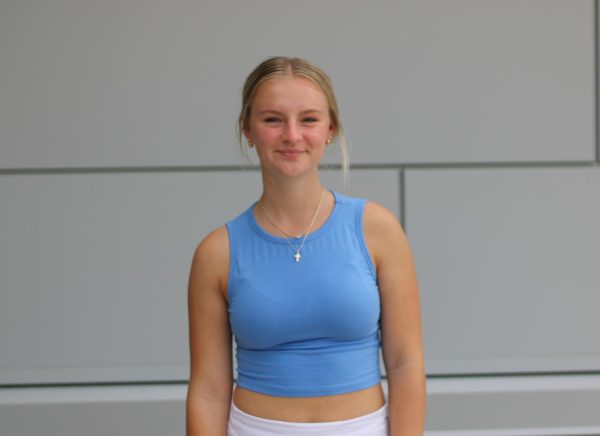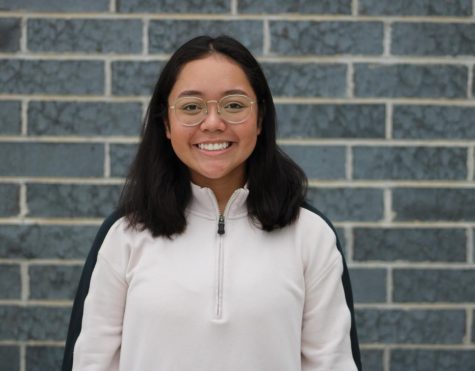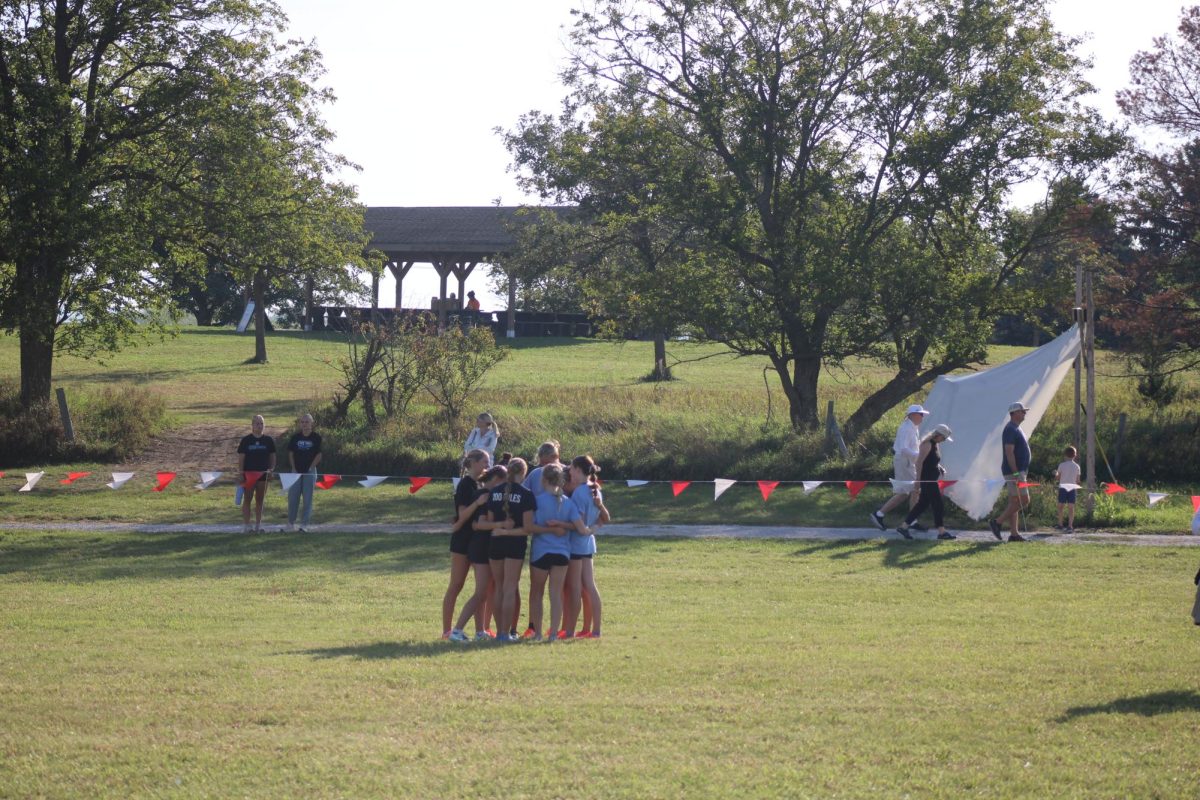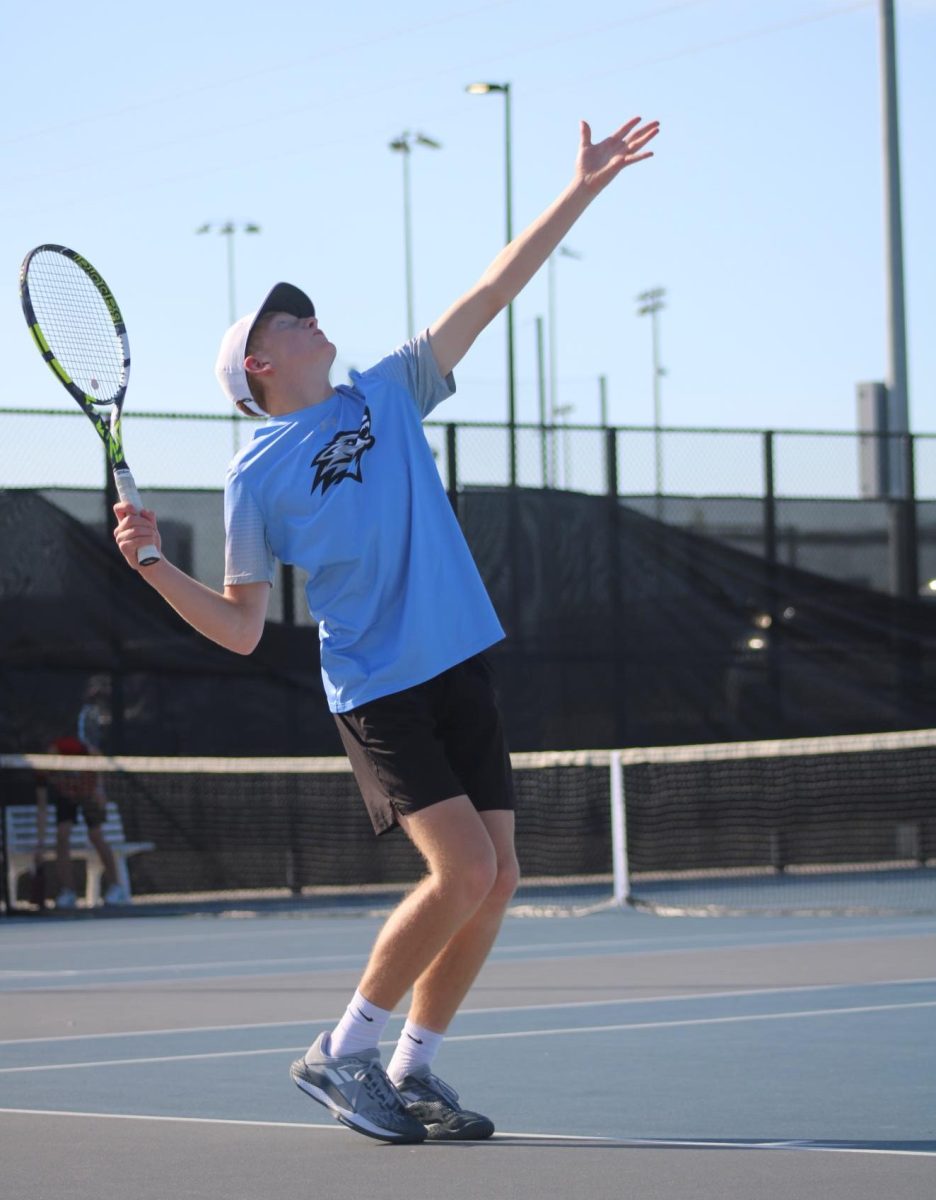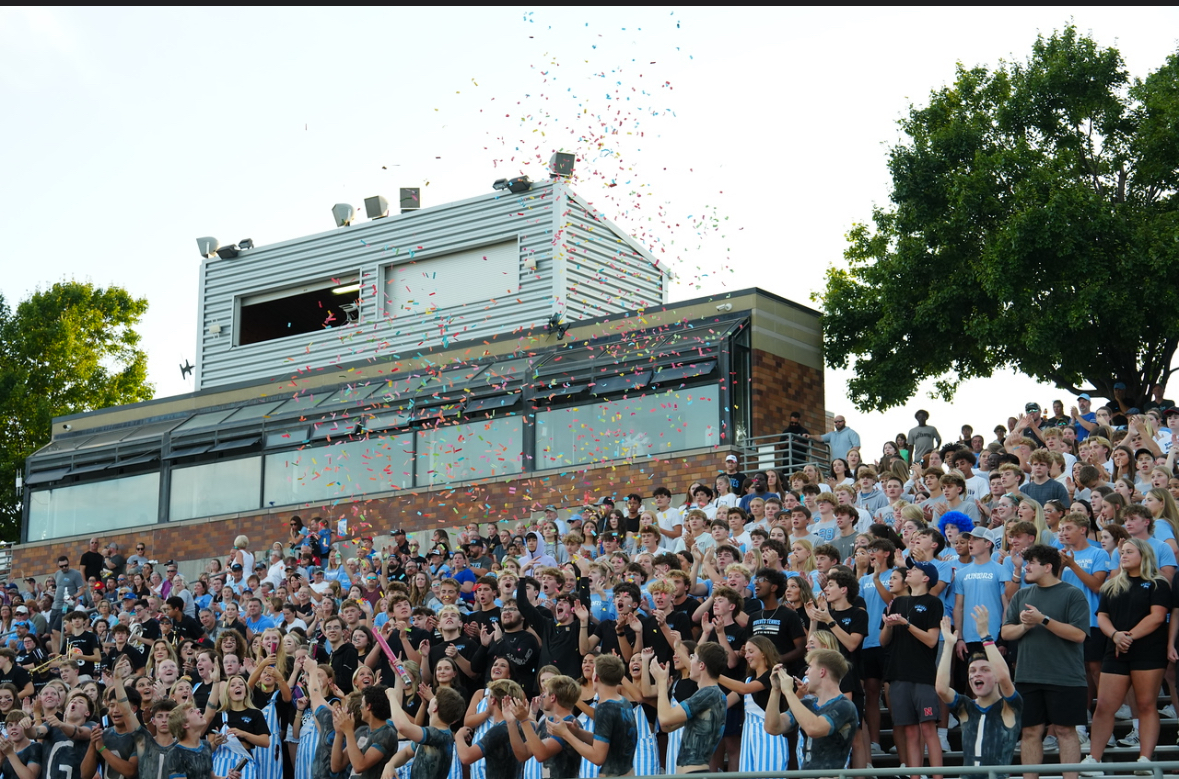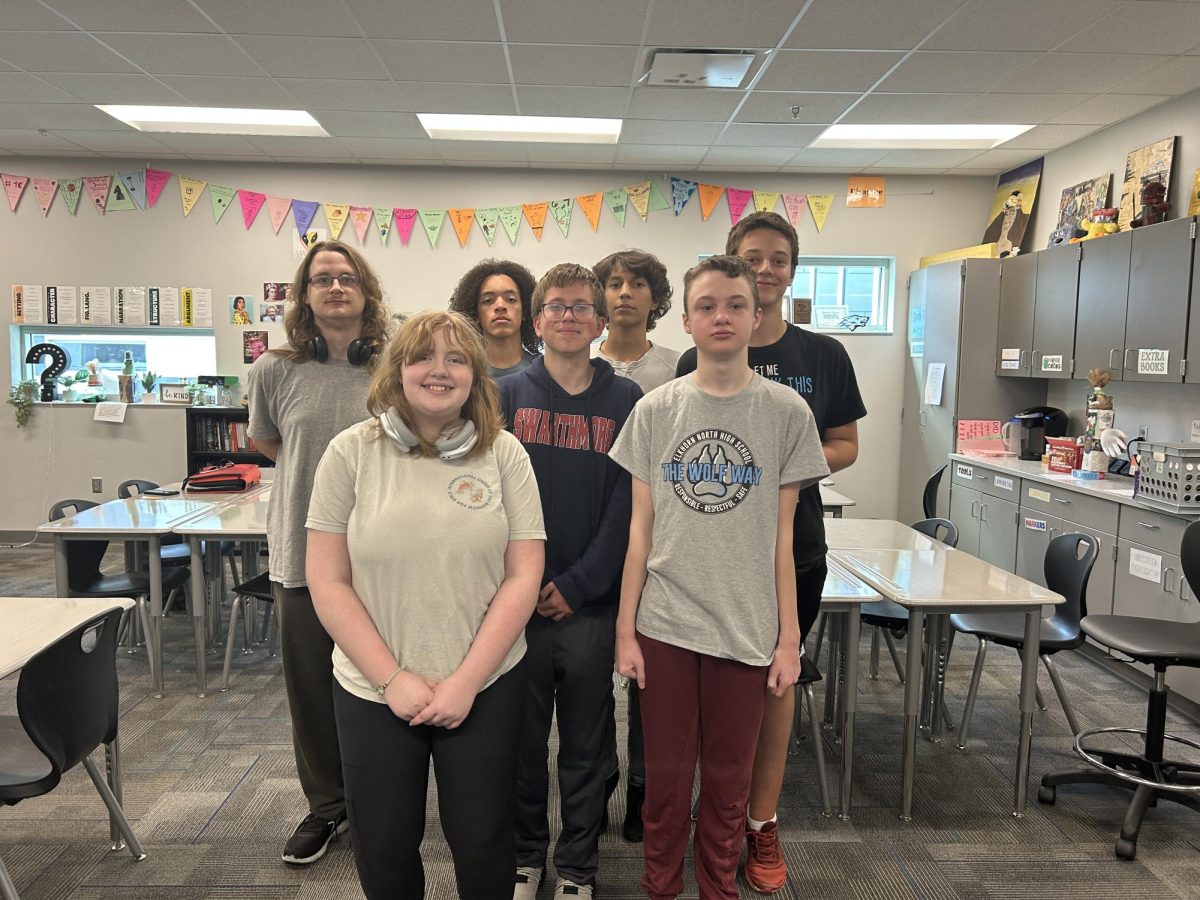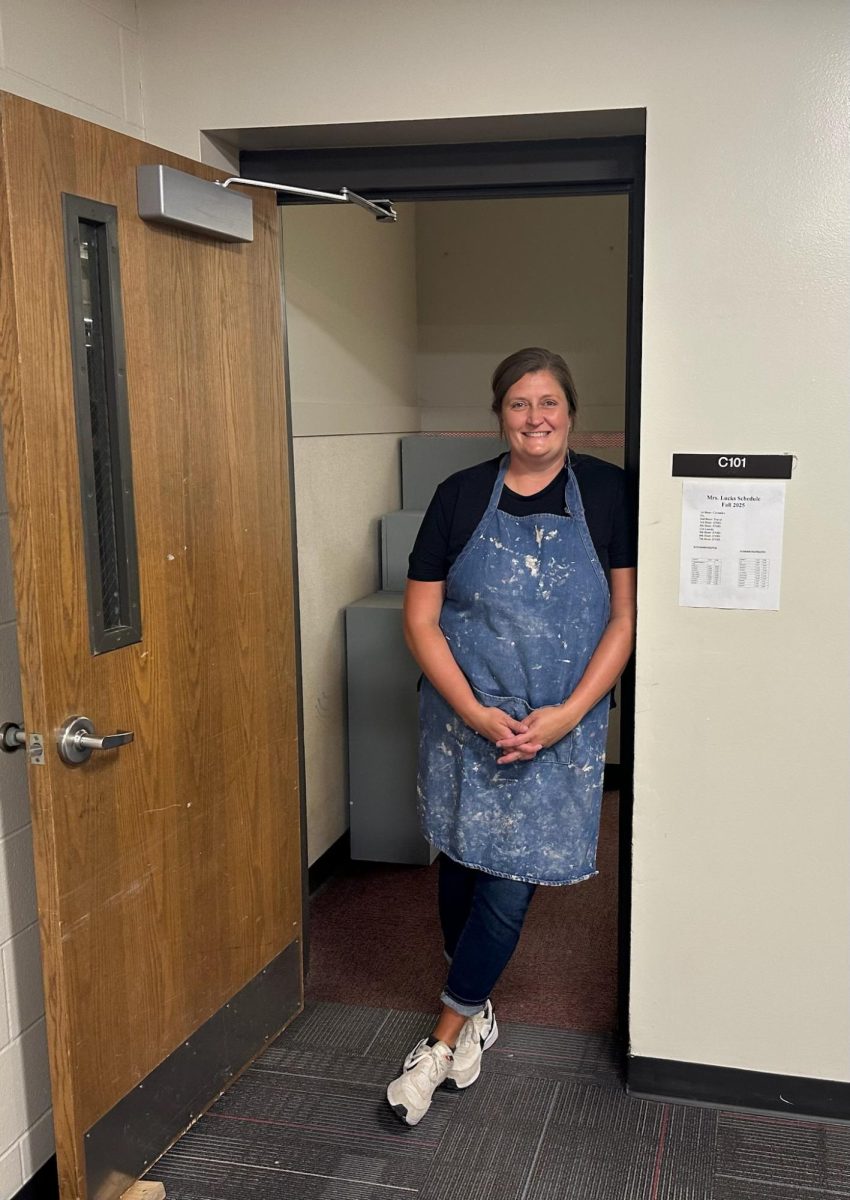Every athlete faces battles, whether those are mental or physical.
In the 2020 Tokyo Olympics, the GOAT of gymnastics, Simone Biles, had to pull out of competing in the vault event due to a mental block. In the 2024 Paris Olympics Biles competed and won gold.
Zach Miller, a tight end for the Chicago Bears, dislocated his knee and ruptured an artery in 2017. This injury cost Miller his career, and almost his leg. After he was healed and walking again, Miller found himself in country music and started his career as an artist.
Injuries are inevitable, but how athletes deal with those injuries are what can make or break them.
Now senior Sam Huff tore his UCL while playing in a school football game during his junior season. After his injury that November, Huff had surgery and could not play in the upcoming baseball or football seasons. In 2024-2025, he can return to baseball, but not football.
Huff attended physical therapy appointments several times a week for a year after surgery. At these appointments, Huff worked on getting his range of motion and strength back.
“Not being able to do the workouts at physical therapy made me have a lot of questions whether surgery was the right option,” Huff said.
Huff is projected to be back on the mound this spring and on track for his collegiate career at Nebraska.
Junior Barry Fries has struggled with nonstop injuries. Initially, Fries battled an avulsion fracture in his hip that took him out of track his sophomore year, but more recently he got a Bennett fracture in his right thumb that required surgery and kept him out of football for two weeks.
Post-operation, Fries has a half-arm cast that inhibits him from carrying any weight with his right hand or even write. Because of this, Fries also faces adversity in the classroom.
“I am right handed so doing my art project with my left is frustrating,” Fries said.
Senior Ella Ford was not able to run in the beginning of her senior cross country season due to a stress fracture in her foot. The injury caused by overuse has left Ford frustrated.
“Not being able to compete has helped me become mentally stronger,” Ford said. “It has taught me to cherish my final memories with my teammates.”
While their role on the team may not revolve around being the star player anymore, Huff, Fries, and Ford have all adjusted to new responsibilities.
At the beginning of the baseball season Huff acted as a pitching coach to the younger players. Throughout the spring his role transitioned into becoming a dugout hype man cheering alongside his teammates.
“When anyone had questions or needed advice, I was another person there to help,” Huff said.
Fries has gained a new perspective on football and helped the other linebackers build their skills. He has also been a mentor for sophomore Zach Wolfe, the Wolves’ new tight end.
“Barry was always encouraging me, watching my routes, and making sure I was getting my blocks down,” Wolfe said. “He really kept the energy up and going at long practices.”
Ford has prioritized healing and working towards running again. She also cheers her teammates on while they are running at meets.
“It has made me realize that there is more to me than running,” Ford said. “I can’t put my identity into a sport.”



